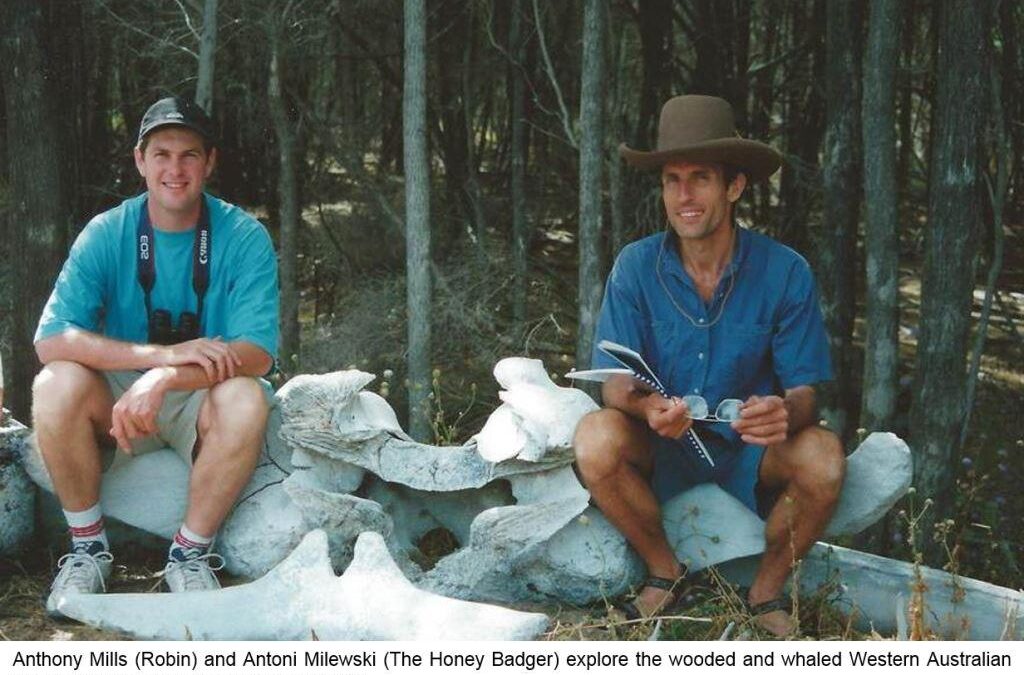If you haven’t found something strange during the day, it hasn’t been much of a day. ― John A. Wheeler
…there’s no reason why scholarship can’t be as seriously playful as bubble-blowing. — Jonathon Keats
A scientific training is a privilege and a joy. But it has a downside: as graduate students we are taught to be only so imaginative and no more. If there’s artfulness in science, it’s put on a tight leash. And although speculation isn’t exactly a dirty word it tends to be seen as a vice in science.
We take a different view. The rewards of a disciplined mind needn’t be confined by the linear reasoning that prevails in science. Instead of a safe plod straight forwards, there are various other directions for thought-experimentation and the cutting and pasting of cause and effect. After all, biology still tantalises us with such grand mysteries. And, despite being technically dazzling and quantitative to a fault, it’s still surprisingly poor in theory. Biologists need no encouragement to gather information, but we’ve noticed an unfortunate reluctance to think laterally. Bucking this trend, we set out to do artful lateral thinking here at the Bio-edge.
At the turn of the millennium, Anthony Mills, born 1970, happened to meet Antoni Milewski, born 1952. Our minds resonated immediately. For the decade and more since then, we’ve spent hardly a week without a deep exchange of emails on one or other biological topic, although we’ve lived on different continents and seldom shared the same lab. At times we’ve co-authored formal papers, other times we’ve written for semi-popular magazines, and always we’ve sought to increase our breadth of knowledge across the interdisciplinary spectrum of biology. From all this scholarship for its own sake, new ideas have sprung to mind more and more frequently.
Since the start of our scientific partnership, we’ve avidly shared new ideas with our fellow professionals and nature enthusiasts in whatever form and medium were available. And, for the last two years, we’ve been able to do this via our own blog, under the pseudonym Robin (Anthony Mills) and the Honey Badger (Antoni Milewski) at Exploring the Bio-edge (www.explorebioedge.com).
Although Exploring the Bio-edge is devoted mainly to biological interpretations so original that they may seem maverick, we remain the hardest of scientists. It’s not that we seek to evade the rigour of peer-review; our record shows that both of us continue to publish in conventional journals. It’s more that we see the widest scope of imagination as something to be deliberately cultivated in the scientific mind. Of course all good hypotheses must be testable and tested. But all science ultimately hinges on intelligent speculation[1] and instead of being apologetic for any originality we see it as our greatest contribution.
Our first year of writing at Exploring the Bio-edge produced a diverse selection of e-essays, which we plan to package soon for separate release as an e-book. But responses from readers told us that 2013 demands a more-concise-than-ever formula in which conceptual nuggets can be expressed in just a few carefully crafted paragraphs. Hence we’ve invented the ‘bio-bullet’ – an extremely concise yet friendly format which we trust will be self-explanatory.
Each bio-bullet in our website is a conceptual nugget for you, Dear Reader, to explore and test. Not all will turn out to be gems, but all may deserve a scratch of the head.
So we invite you to adjust your mental settings to ‘conceptual adventure’. Join us in a little trail-blazing in this wonderland at the intellectual edge of 21st-century biology in its full interdisciplinary diversity. Your comments and discussion will help to keep our blog and bio-bullets living and flowing.



***
All text and images appearing in this blog are subject to copyright, except those images explicitly stated to be in the public domain. You are not free to use any photographs, for any purpose, without receiving written permission from the copyright holder.
1Intelligent speculation is perhaps the essence of scientific progress in providing the full ‘genetic variation’ on which the ‘natural selection’ of sceptical scrutiny can work. This analogy between evolution and the scientific method was explained by philosopher of science David Hull in his book ‘Science as Progress’, and is the basis for a recent book by Max Tegmark called ‘Our Mathematical Universe: My quest for the ultimate nature of reality’. The contribution of scientific speculation is discussed by Mark Buchanan (New Scientist 18 January 2014, pages 46-47) in his review of Tegmark’s book: http://www.newscientist.com/article/mg22129520.900-when-does-multiverse-speculation-cross-into-fantasy.html?full=true#.UteJ3Xl2l4E
Please enable JavaScript to view the comments powered by Disqus.comments powered by Disqus

